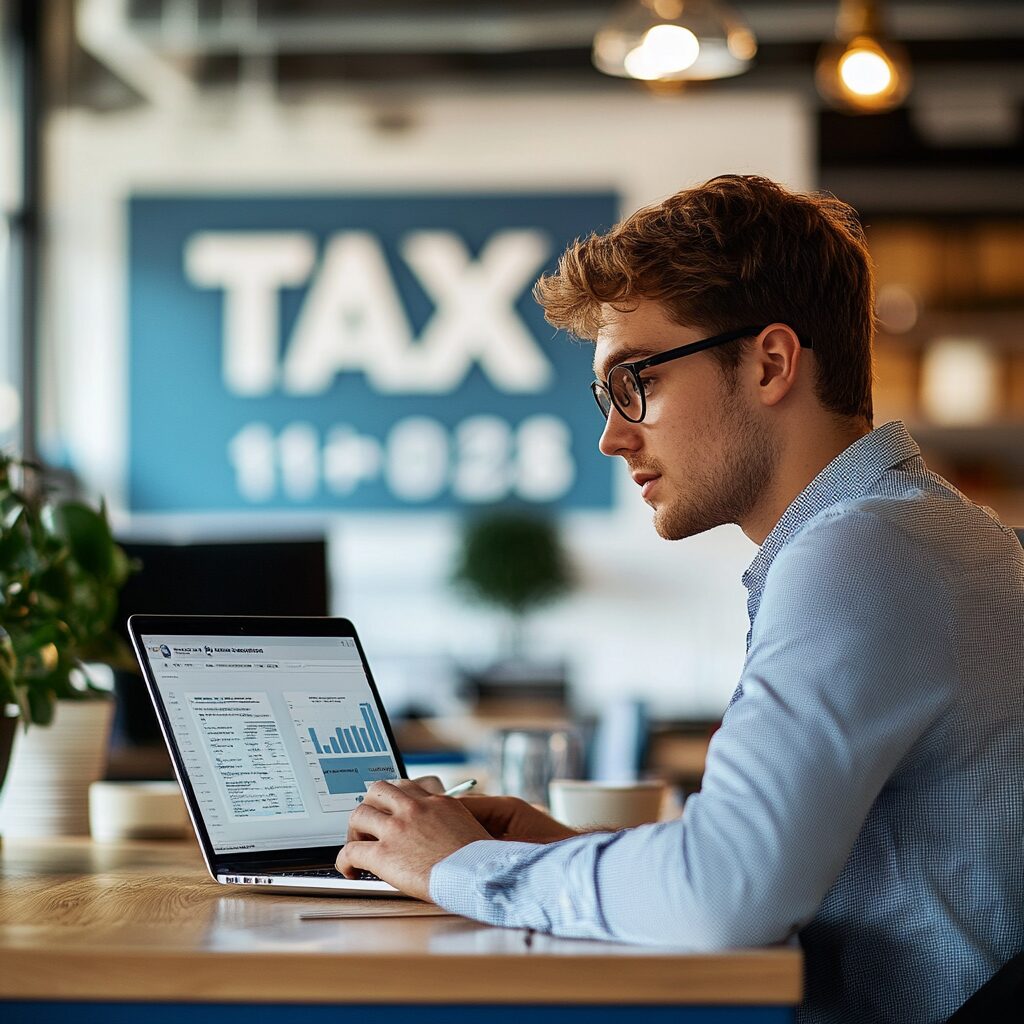So, When Should You Start Preparing Your Tax Return?
Filing a tax return can be a straightforward process if you prepare in advance. However, many people leave it until the last minute, which increases the risk of mistakes, missing documents, or even late penalties. If you’re wondering, when should you start preparing your tax return?, the answer is simple—the earlier, the better.
Starting early gives you time to gather documents, review your finances, and ensure everything is submitted correctly to HMRC. In this blog, I’ll explain the best time to start, the key steps to take, and how to make tax filing stress-free.
1. When Is the Best Time to Start Preparing?
Although the self-assessment tax return deadline is 31st January for online submissions, waiting until December or January to start can lead to unnecessary stress. Ideally, you should begin:
- As soon as the new tax year begins (6th April). This allows you to keep your records organised throughout the year.
- At least three months before the deadline (October). This gives you enough time to review expenses and check your tax liabilities.
The earlier you start, the more time you have to fix any errors, find missing documents, and avoid last-minute pressure.
2. Why Should You Prepare Early?
Avoid Last-Minute Mistakes
Rushing through your tax return increases the chances of misreporting income, missing deductions, or making simple errors that could lead to penalties.
Know Your Tax Bill in Advance
By preparing early, you can calculate how much tax you owe. This helps you plan your finances and set aside enough money before the 31st January payment deadline.
Claim All Eligible Deductions
Tax reliefs and allowable expenses can significantly reduce your tax bill. With enough time, you can carefully review your records and ensure you claim everything you’re entitled to.
Reduce Stress and Avoid Late Penalties
Leaving your tax return until the last minute means you risk missing the deadline. Late submissions come with automatic penalties, even if you don’t owe any tax.
3. Key Steps to Start Preparing Your Tax Return
Keep Financial Records Organised
Good record-keeping is essential for an accurate tax return. Throughout the year, keep track of:
- Income from employment, self-employment, rental properties, or investments.
- Business and work-related expenses that qualify for deductions.
- Tax reliefs such as pension contributions or charitable donations.
Using accounting software like Xero or QuickBooks can help keep records organised.
Check Your Tax Code and HMRC Correspondence
Your tax code determines how much tax you pay. If it’s incorrect, you could be paying too much or too little tax. Check your tax code on your HMRC Personal Tax Account to ensure it’s accurate.
Gather the Necessary Documents
To file your tax return correctly, you may need:
- P60 or P45 forms (if employed).
- P11D (if you receive work benefits).
- Bank statements and receipts for expenses.
- Invoices and proof of self-employment income.
Having these documents ready early makes the filing process quicker and smoother.
4. What Happens If You Wait Too Long?
Risk of Late Filing Penalties
If you miss the 31st January deadline, HMRC issues a £100 penalty immediately. After three months, daily fines of £10 per day apply, up to £900.
Limited Time to Correct Errors
Starting late means less time to review your return. If you submit incorrect information, you may need to go through the process of amending it, which can delay refunds or trigger HMRC inquiries.
Potential Cash Flow Issues
Waiting until the last minute means you may not have enough time to budget for your tax bill. By preparing early, you can plan payments and avoid financial strain.
5. How TRW Accountants Can Help
At TRW Accountants, we help individuals and businesses prepare their tax returns early to avoid stress and unnecessary penalties. Our Kent based team ensures:
- Your tax return is accurate and submitted on time.
- You claim all eligible tax reliefs to reduce your bill.
- You have clear guidance on what records to keep.
Contact us today to get ahead with your tax return preparation.
Conclusion
So, when should you start preparing your tax return? The answer is as soon as possible. By getting organised early, you reduce stress, avoid errors, and ensure you claim all deductions. Whether you’re self-employed, a business owner, or filing a self-assessment for the first time, starting early puts you in control of your tax obligations.

